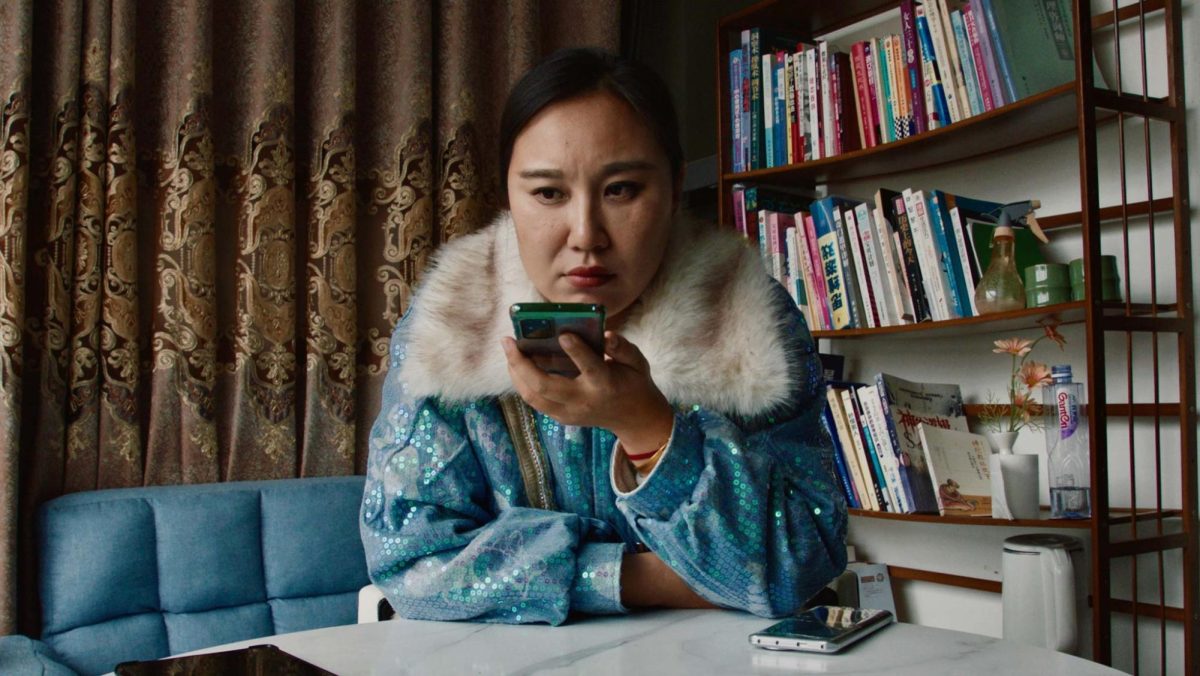Content warning: this article contains mentions of domestic violence.
The coronavirus pandemic and government-imposed lockdowns have made surviving increasingly difficult and painful for abuse survivors and people living in abusive households. As stay-at-home orders are being strictly enforced across the country and in New York especially, the current epicenter of the pandemic, abuse survivors find themselves isolated and trapped at home with their abuser, subject to more violence and degradation with no chance of freedom. New York needs to mobilize significantly more resources to protect people experiencing domestic violence and prevent an already marginalized, at-risk group from suffering even more.
Many who found brief respite from their abusive home to go to work or school now cannot escape even temporarily. They are effectively prisoners of their abusers. Survivors still struggling with their past traumatic experiences are left to cope alone. PTSD and other trauma-related disorders could likely be exacerbated in the midst of this pandemic as the stay-at-home orders give way to economic suffering, increased stress and social isolation.
Domestic violence revolves around the abuser exerting power, control and coercion over their partner through a variety of means — physical, sexual, verbal, economic, psychological and social. All of these forms of domestic violence can now be weaponized by abusers, used more often and more severely so they can gain control in the midst of a pandemic that has robbed everyone of it. For the people subjected to this abuse, they are more powerless and unsafe than ever.
Predictably, New York City’s website for domestic violence resources saw a drastic increase in the number of visits per day — from 45 to 115 -— as the city began enforcing strict stay-at-home orders. Governor Andrew Cuomo’s office also reported a 15-20% uptick in reports of domestic violence statewide.
Domestic violence programs and shelters, however, report a decline in clients as people stay home to avoid contracting COVID-19. Fewer and fewer people are able to access those resources provided by shelters. And for those who do utilize these services, the shelters’ capacities are being slashed as they work to limit the potential for spreading the virus. Staff’s hours are being cut and free meals are being provided as take-out instead of dine-in as other shelters and organizations cease operations entirely. The city’s Family Justice Centers, which offer confidential help to victims and survivors of domestic violence, has been temporarily closed since Tuesday, March 17.
Homeless shelters in New York City are already notoriously underfunded and overcrowded and this has only been made worse by the pandemic. The NYC Health Department has provided shelters with “guidance” and recommended measures they should take but has not directed any funding or resources to aid this process. What shelters and other organizations helping people experiencing abuse desperately need is money and actual supplies from the government.
Mental health services, organizations helping domestic violence survivors and shelters are all in urgent need of funding. But the city cannot limit its actions to those services alone as the pandemic has created unique circumstances that limit people’s ability to access them without endangering their safety. New, creative and specialized responses are needed to address domestic violence during the pandemic. The city and state need to act immediately or else put some of the most vulnerable populations at greater risk, subjecting them to more trauma and abuse. The neglect and endangerment of survivors cannot go on.
Opinions expressed on the editorial pages are not necessarily those of WSN, and our publication of opinions is not an endorsement of them.
Email Asha Ramachandran at [email protected].

























































































































































